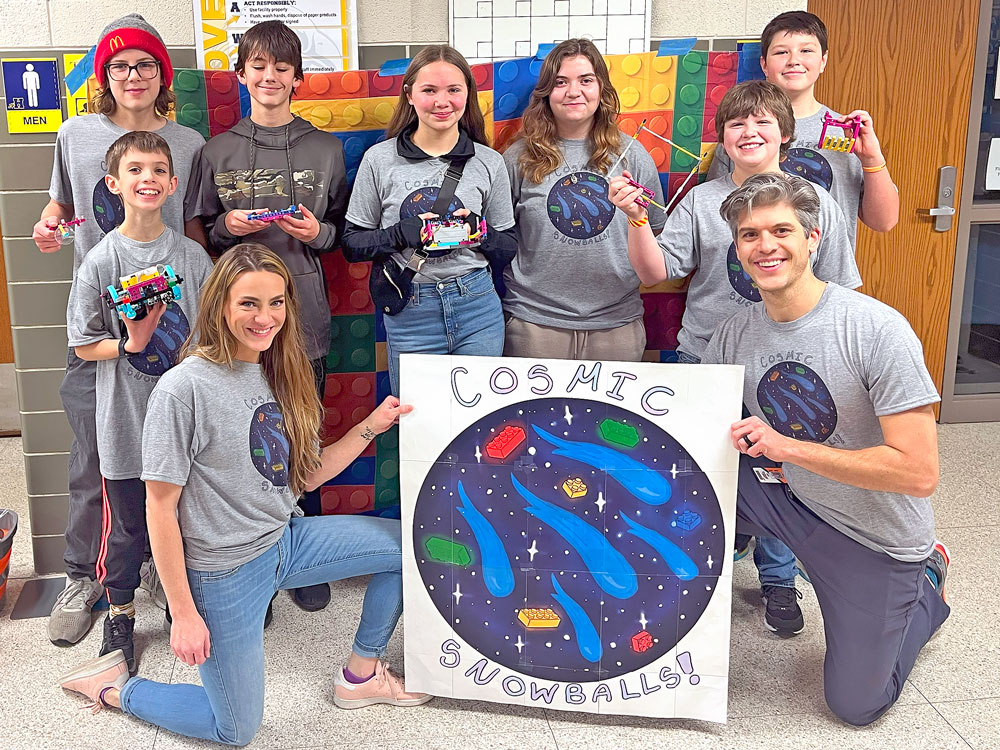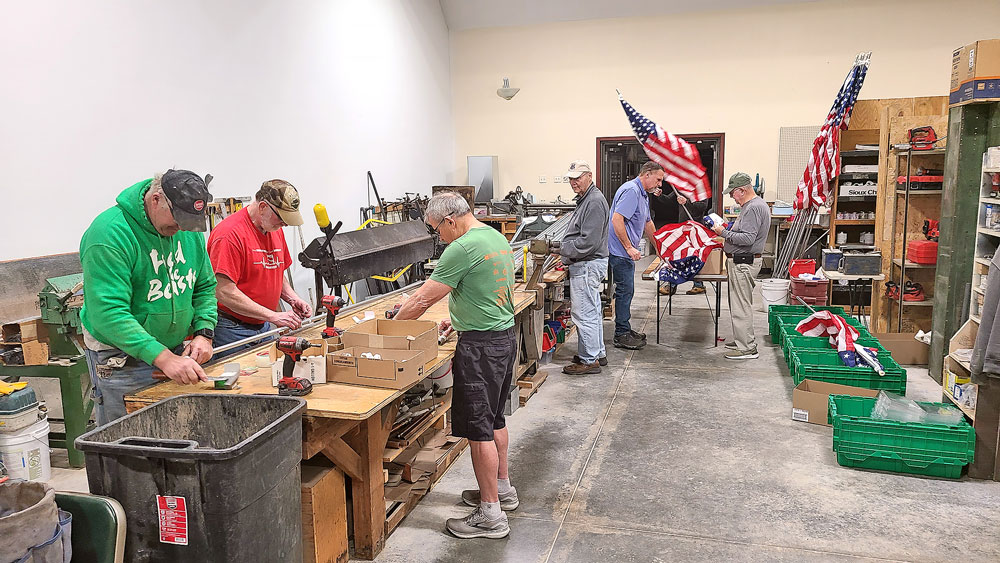A tale of two economies
Area farmer says visit to Cuba is a step back in time

Erwin and Yoshiko Johnson traveled to Cuba as part of travel trip organization. There were 20 members in the group, of which the Johnsons were the only ones from the Midwest.
By Amie Johansen
amie@charlescitypress.com
Vacations are so much more than a few days of relaxation and indulgence. Whether or not intentional, often vacations provide an opportunity to compare and contrast cultures and lifestyles.
Area farmer Erwin Johnson and his wife, Yoshiko, recently traveled to Cuba. During their roughly two week stay, Johnson couldn’t help but notice the vast difference between the economy of the United States and Cuba.
“Just a gross generalization, people are, materially, relatively poor,” Johnson said.
In talking with some of the locals, Johnson learned some Cubans’ monthly wage equals a United States’ hourly wage.
“We met people that made any where from $12 month up to the highest paid person was $80 a month,” he said. Johnson explained those making $12 a month lived in rural areas. Those who earned closer to $80 a month where the professionals — doctors, professors — and live in the cities.
As a farmer, Johnson took special interest in Cuba’s agricultural practices.
“In very general times when you go to Cuba you think you’re back in the 1950s and 1960s,” he said. “We saw people tilling the ground with water buffalo, oxen, small tractors…the people that are the small private farmers are pretty much doing it the way they did a long, long time ago from a technology standpoint.”
Generally in the midwest, if the ground can be used for farming, it is.
“We saw a lot of land that was not being tilled,” Johnson said. “I read that there are about 3.2 million acres (of tillable land in Cuba), of which half of it are being tilled.”
Johnson explained the Cuban government owns stores called bodegas. Cuban citizens are then given coupons to purchase rice, beans, cooking oil and other needs.
“We never saw anyone in our travels that looked hungry, but food is an item that is, through production, controlled by government,” he said.
Johnson believes the reason so much of the tillable land remains unfarmed is because of government controlled food prices.
“They do not have the incentive because the government keeps prices low,” he said. “Why would you want to produce something if you can’t make money at it?”
Because of the low production internally, much of Cuba’s food is taken in externally.
“I read when I got back, Cuba imports about 60 to 80 percent of their food stuff,” he said.
Cuba’s major industry is tourism.
“When we were there, where we stayed, there are two economies: tourist economy and local economy,” Johnson said. “We lived like kings when we were down there.”









Social Share